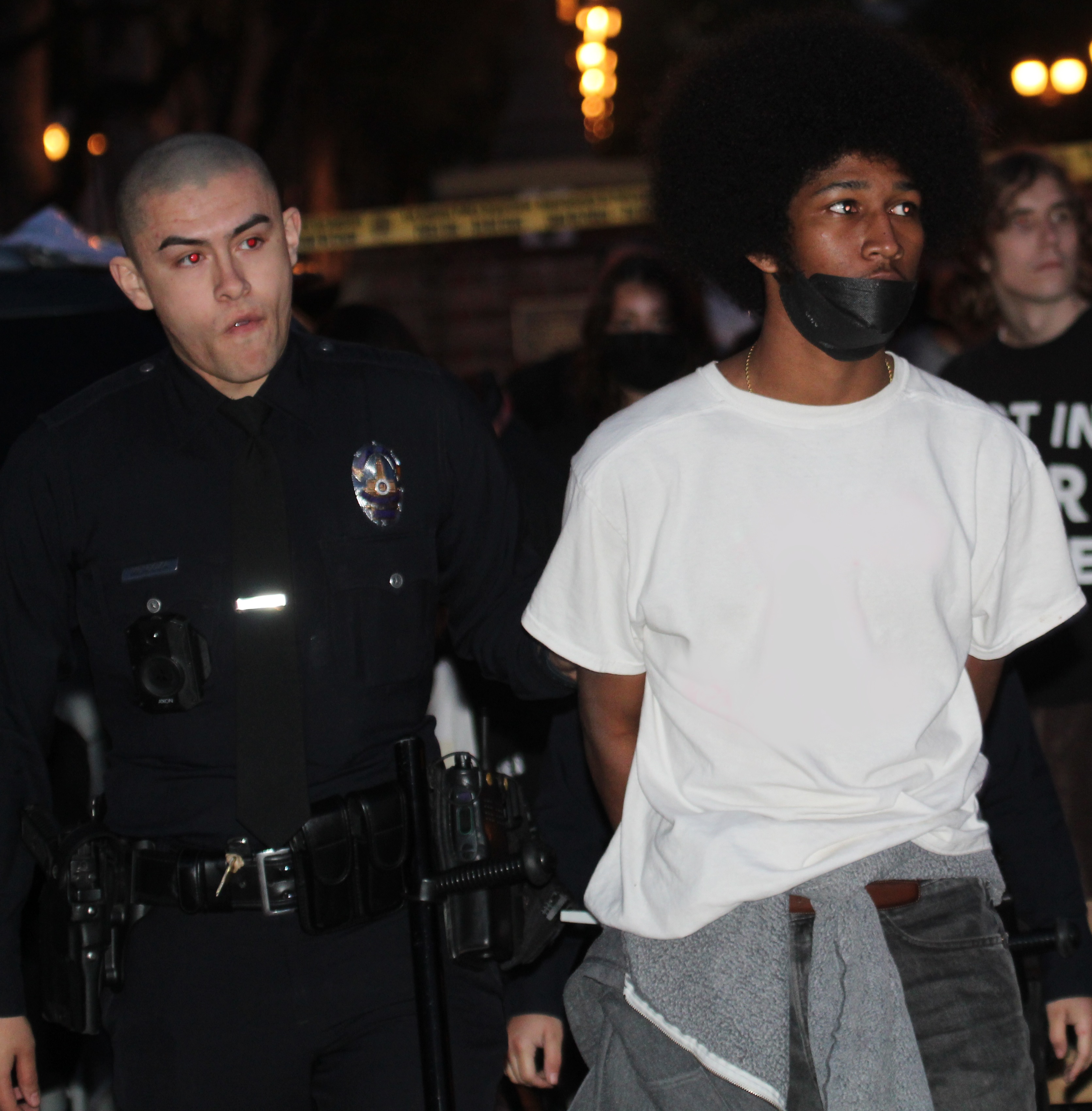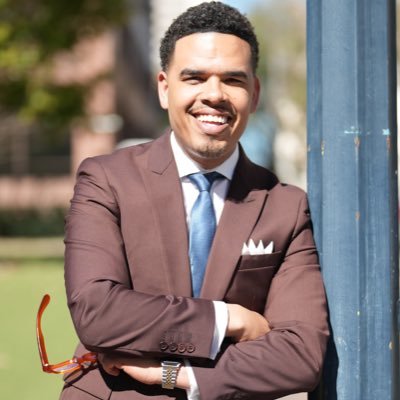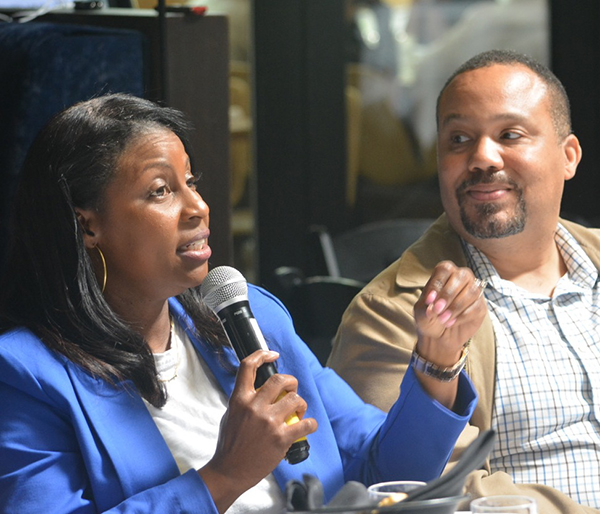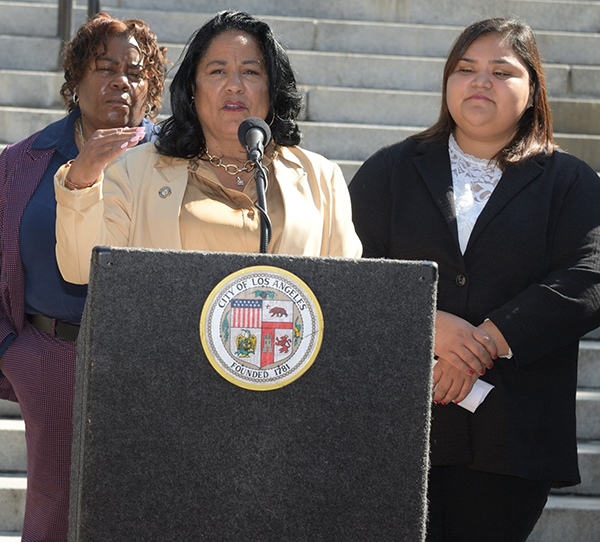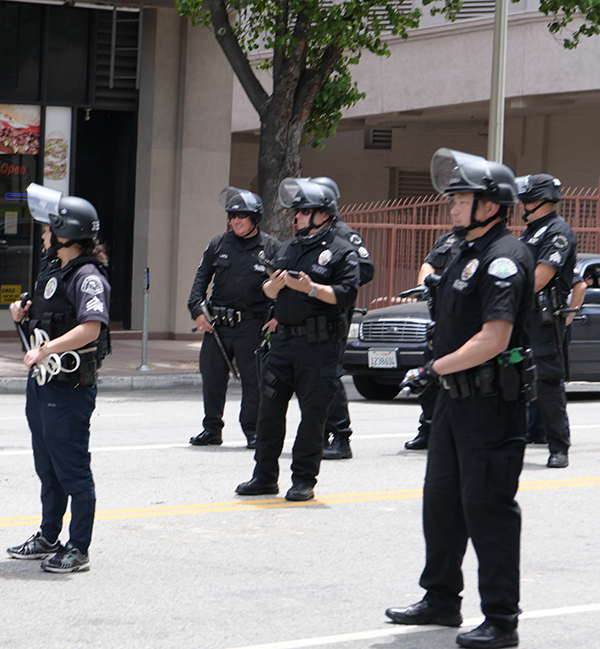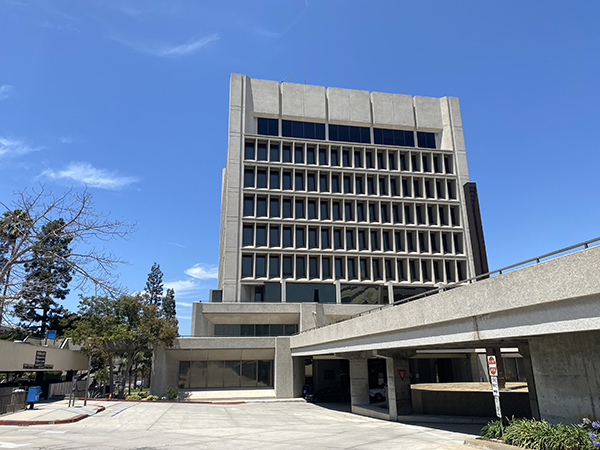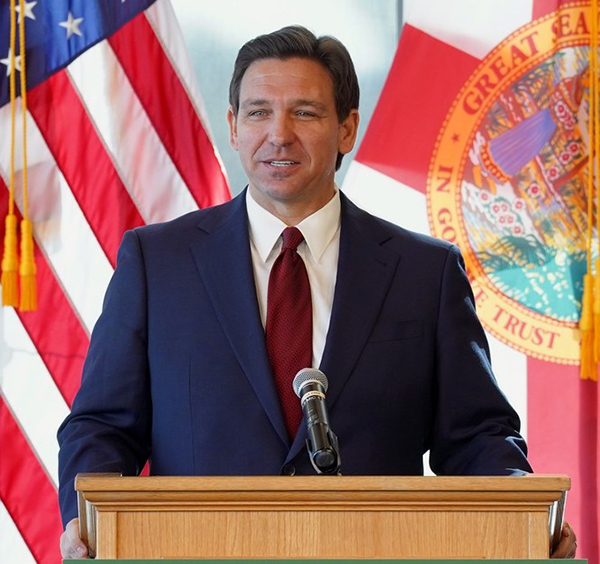By Earl Ofari Hutchinson
Contributing Columnist
Vice President Kamala Harris couldn’t get on the presidential jet fast enough to get to Florida in July. She was not campaigning. She was on another kind of political mission.
She was there to blast Florida Gov. Ron DeSantis for claiming that slavery had some benefits; namely that it enabled the slaves to gain valuable skills.
This is the second of a two-part series on the great slavery debate. It’s an excerpt from Hutchinson’s newest book “Who Says Slavery Wasn’t Beneficial.”
DeSantis’s ludicrous retort might have been dismissed as just another of the far-right Florida governor’s never-ending assault against those who maintain that systemic racism is the cause of Black political and economic victimization. But DeSantis’s pro-slavery defense was backed up by the decision by his hand-picked Florida Board of Education to ban school districts from “indoctrinating” students with teaching that systemic racism and racial oppression is the cause of Black suffering.
An enraged Harris quickly went on the attack. In a talk to a Black sorority group she noted, “They decided middle school students will be taught that enslaved people benefited from slavery. They insult us in an attempt to gaslight us and we will not stand for it.”
Harris didn’t stop there. She called on Blacks and others to vigorously counter any effort by DeSantis and rightist ideologues to put a pretty face on slavery.
“There is so much at stake in this moment: our most basic rights and freedoms, fact versus fiction, foundational principles about what it means to be a democracy,” she said.
Harris had plenty of company in ripping DeSantis and the board on their pro-slavery tact. And they would need all the support they could muster.
DeSantis quickly counter-attacked. He branded Harris a liar and claimed that she deliberately misread what the board mandated in the history curriculum change.
“So now they’re saying there is a provision in there that says somehow this [slavery] was good,” DeSantis said. “That’s not what it says.
“What it says was some slaves developed skills, which they did, but that was despite slavery. It wasn’t because of slavery. And then they used those skills postbellum to be able to provide for themselves and their families.”
DeSantis spoke for a wide body of Republican opinion which either distorted, twisted, deliberately ignored, or apologized for slavery in one form or another. However, in his lambaste of Harris and his critics, he inadvertently proved their point and why they were furious.
Though he said slavery was not the reason for the slaves developing their skills, he still cited slavery, whether intentional or not, as the period in which they allegedly developed their skills. The unmistakable inference was that slavery was not an impediment but a help mate to them in developing those so-called beneficial skills.
One didn’t need to cite or defend Harris or castigate DeSantis to demonstrate that this was pure double speak and an absurdity that undergirded the not-so-subtle political intent of his to pander to the still considerable number of slavery apologists in America, the vast majority of whom were Trump backers. The Florida school board gave specific examples in detailing what its slavery soft pedal entailed. That provided even more ammunition for attack.
The board cited more than a dozen Black notables as supposed proof that Blacks developed skills under slavery. Topping its list was Booker T. Washington, the former slave and renowned writer and educator. The problem with citing Washington was that he was emancipated as a child at age 9 and developed his literary and educational skills that resulted in the founding of the Tuskegee Institute years after his emancipation.
A Tuskegee University history chronicle noted Washington worked in mines and as a houseboy before entering school. The same could be said in almost every other example of a successful Black that the board named.
As with Washington, they developed skills after their emancipation. And what should have been an embarrassment to the board, some were never even slaves.
Lewis Latimer and James Forten are two glaring examples of this blatant distortion. Latimer was a blacksmith. It’s hard to imagine a 4 year old developing such a rigorous skill as blacksmithing. That was the age he was freed.
Forten was a shoemaker. His parents were not slaves. The Museum of American Revolution noted that Forten served on privateer ships during the Revolutionary War and later became wealthy as a sailmaker.
That hardly fitted the prototype of skills developed on a plantation that Forten never set foot on. The final historical ignorance was that Forten’s profession was listed as a shoemaker. This was wildly at odds with his true profession and the wealth he accumulated from it.
Henry Blair, Paul Cuffe and John Chavis were a few more of the prominent Blacks the board named as supposed shining examples of those who benefited from slavery. The same pattern of distortion was plainly in evidence. They either were not slaves or developed their skills after emancipation, or their professions or skills cited were erroneous.
DeSantis and the board were even more blatant in their effort to sanitize slavery and its still ugly blight on America, making it clear that the battle lines are now even more tightly drawn over racial matters.
Earl Ofari Hutchinson is an author and political analyst. He also is the host of the weekly Earl Ofari Hutchinson Show at 9 a.m. Saturday on KPFK 90.7 FM Los Angeles and the Pacifica Network.

